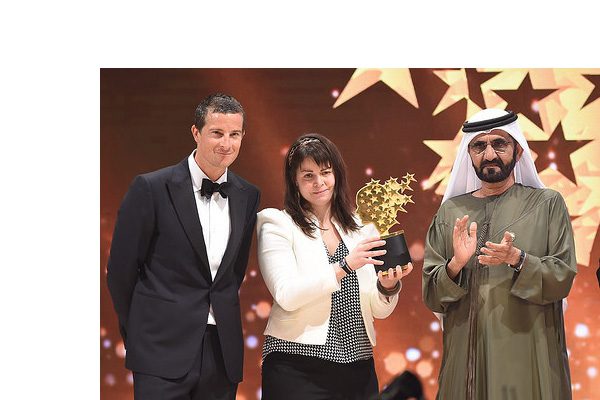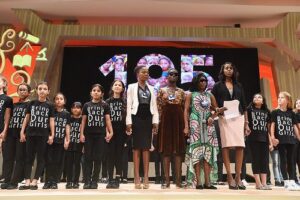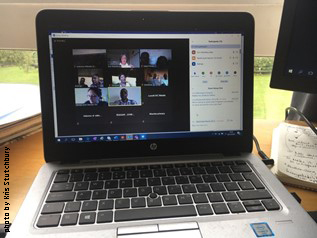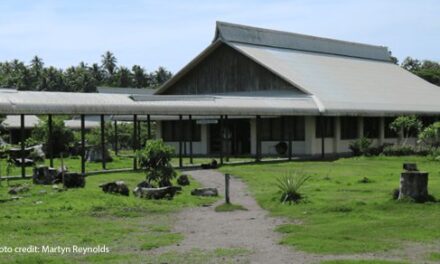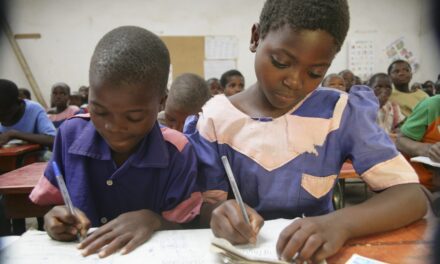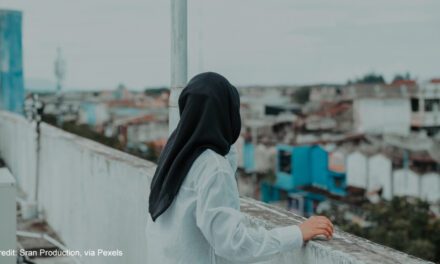Pauline Rose reviews the recent Forum in Dubai
On 18 and 19 March 2017, together with around 1,500 people from around the world, I attended the Global Education and Skills Forum in Dubai. The Forum provided an exciting platform to celebrate the importance of teachers around the world. Organised by the Varkey Foundation, it was also a stark reminder of the difficulties that some children face in realising their right to an education, and the lengths they will go to for this. We heard from two Chibok girls giving first-hand experience of the horrific effects of Boko Haram in northern Nigeria, reminding us that 195 girls have still not returned three years on.
The Research for Equitable Access and Learning (REAL) Centre at the University of Cambridge was one of the organising partners of the Forum, playing a role in supporting key stakeholders who were brought together in ‘alliances’ in eight key thematic areas to develop ideas for action over the coming year. Supported by myself and three students on our Education, Globalisation and International Development MPhil programme, the alliances are all co-chaired by experts, covering the areas of: assessment for action; climate change; girls’ education; global citizenship education; partnership models for universities; public-private partnerships; post-conflict and peace; and teachers.
Kaitlynn Saldanha, one of the MPhil students at the event, noted: “Supporting the Alliances was a tremendous opportunity to champion the role of research and evidence in policymaking and practice while (re)orienting some of the world’s leading practitioners, policymakers, and academics around concepts of equity and inclusion. Thrilled to continue learning from and collaborating with these leaders in partnership with the Varkey Foundation in the months ahead.”
The Forum culminated in the Global Teacher Prize ceremony. This was memorable for its celebratory atmosphere with the scene set by Bocelli’s opening, followed by Bear Grylls parachuting in with the trophy. The importance of the prize was recognised by its announcement from the international space station, and the video message to the winner from the President of Canada, Justin Trudeau.
But actually the most memorable part of the two days was the inspirational speech by the Global Teacher Prize winner, Maggie MacDonnell. Maggie was awarded for her work in a remote, inaccessible Inuit community where gender abuse and suicide is rife. Her enthusiastic approach to working in these difficult conditions to support young people, in giving them confidence, and in tackling some of the problems they face, is striking.
As MPhil student, Garrett Rubin, put it: “It was wonderful to see Maggie MacDonnell, a teacher from a remote Inuit community in Canada, win the Global Teacher Prize. As with last year’s winner, the Palestinian teacher Hanan Al-Haroub, the Varkey Foundation has again used the prize to recognise and amplify stories and voices from some of the world’s most marginalised and underrepresented communities.”
Jack McMahon summed up the occasion: “It was a privilege to meet people from all walks of life including CEOs, ministers, professors and teachers to engage with issues of equity and marginalisation in education. I won’t forget the moment Maggie MacDonnell, the winner of the Global Teacher Prize, stood on stage with her award in one hand and shouted ‘TEACHERS’ which the whole audience responded at once with, ‘MATTER!’ #teachersmatter.”
In addition to the winner, the 10 shortlisted finalists were also impressive as role models within their communities, and now globally too. I was particularly struck by Michael Wamaya from Kenya teaching ballet in Nairobi’s slums, breaking down stereotypes and providing unique opportunities to disadvantaged children.
The Global Teacher Prize is an inspiration and will certainly inform the framing of my BAICE Presidential address at the UKFIET conference in September.

